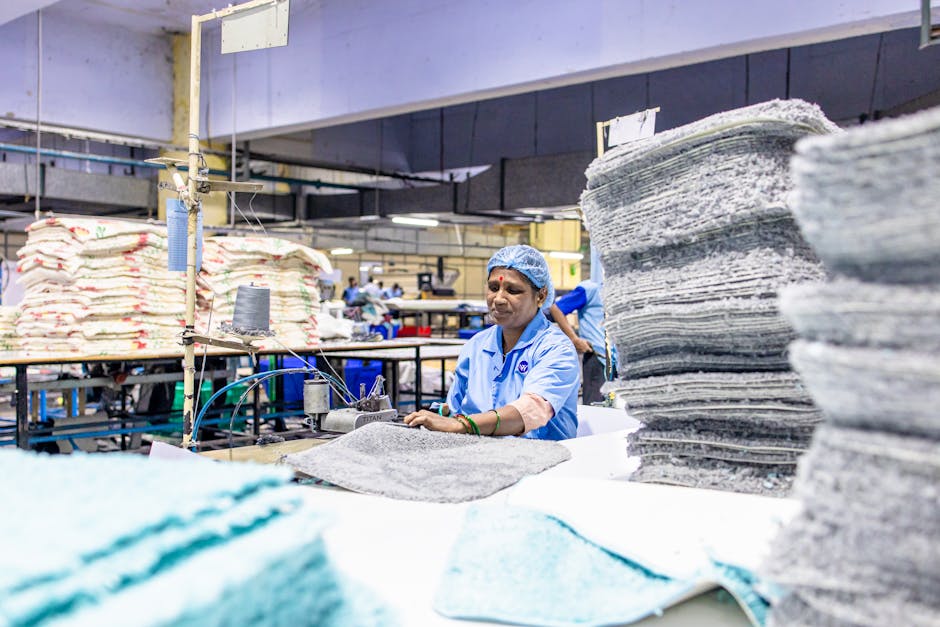Samsung’s AI-Driven Chip Facility: A Game-Changer
Samsung Electronics is set to construct a state-of-the-art semiconductor facility powered by 50,000 Nvidia GPUs, marking a major leap toward AI-automated chip manufacturing. This strategic investment highlights the growing role of AI and machine learning (ML) in addressing the semiconductor industry’s challenges—precision, scalability, and efficiency.
Why Samsung’s Move is Critical
The global semiconductor sector faces supply chain bottlenecks, labor shortages, and soaring demand for chips used in AI, smartphones, and data centers. By deploying Nvidia’s H100 and Blackwell GPUs, Samsung aims to:
– Reduce defects via AI-powered inspection.
– Boost production yields with real-time simulations.
– Cut R&D cycles using digital twin technology.
This positions Samsung to compete more aggressively with rivals like TSMC, which is also investing heavily in AI-driven fabrication.
How AI is Transforming Chip Manufacturing
Samsung’s facility will leverage Nvidia GPUs for:
1. Predictive Maintenance – Preventing equipment failures before they happen.
2. Nanoscale Defect Detection – Identifying flaws faster than human inspectors.
3. Process Optimization – Fine-tuning fabrication parameters for peak efficiency.
Nvidia’s GPUs, traditionally used in gaming and data centers, are now pivotal in smart factory ecosystems.
Samsung vs. TSMC: The AI Chip Race Heats Up
The rivalry between Samsung and TSMC is escalating as both compete for dominance in 3nm/2nm process nodes and AI chip production.
– TSMC relies on proprietary automation tools.
– Samsung bets on Nvidia’s scalable AI platform for flexibility.
If successful, Samsung could narrow TSMC’s lead in high-performance computing (HPC).
Key Challenges
- Energy Demand – 50,000 GPUs require massive power, raising sustainability questions.
- Integration Hurdles – Merging AI with legacy manufacturing systems is complex.
- Cybersecurity Risks – AI-driven factories could face heightened hacking threats.
Implications for India’s Semiconductor Push
India’s Semiconductor Mission (ISM), which approved three new chip plants, could adopt similar AI automation to compete globally. Companies like Tata Electronics may follow Samsung’s blueprint to enhance efficiency.
The Future of Chipmaking is AI
Samsung’s project signals a paradigm shift—factories will soon be self-learning and self-correcting, reducing human intervention. With Nvidia’s GPUs at the core, this could redefine semiconductor production for the AI era.
Follow NextMinuteNews for the latest on AI, tech, and the chip industry.
— NextMinuteNews Tech Desk




